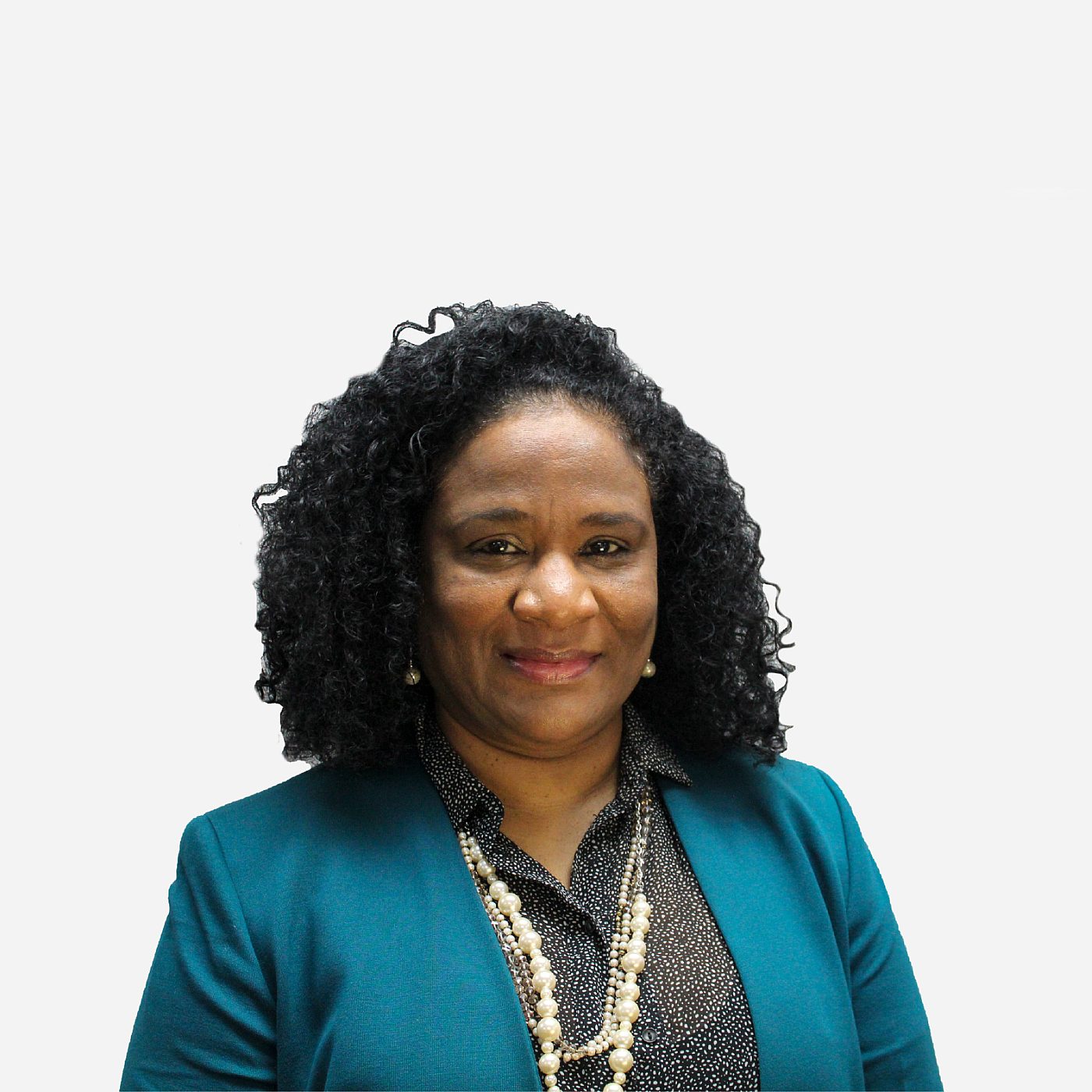Solving the Rikers Crisis: Staff Voices
The latest situation on Rikers has caused much grief, yet Osborne’s staff has stayed the course offering discharge planning; educational, therapeutic, and vocational programs; and visiting support to help make incarceration more bearable at a time when Rikers has become a fight for survival, as per the accounts of our own ground staff who work both in-person and virtually with people housed at the prison.

Jail-Based Services
Brad Cauthen
“As a result of inadequate numbers of Department of Corrections (DOC) staff, Osborne has been receiving requests from incarcerated people to provide items that the agency may have previously covered– from marriage licenses to court letters. These services are desperately needed and appreciated. Jail-Based Services staff were not allowed into the jails for over a year during the pandemic. Resuming our connection to people in jail and helping bring some normalcy into their lives is everything.”

Elder Reentry
Laura Roan
“Elder Reentry staff remain connected to our participants at Rikers via video conferencing. The chaos of Rikers has been especially destabilizing for older adults, who need regular access to water, food, medications, and bathrooms. Without those, their diabetes may be uncontrolled, their blood pressure may surges, they may experience seizures, they can lose consciousness, or worse. At the beginning of the pandemic, we helped participants learn the importance of masking, social distancing, and hand-washing. A year-and-a-half later, when we started hearing that many of the housing units did not have running water, we feared a Covid-19 surge, leaving our older participants most vulnerable. And an outbreak did occur; we saw most of Osborne’s housing units quarantined.
Fear is a common emotion for older people who are incarcerated. Fear of victimization is especially common. With this pandemic, fear of illness and death have been paralyzing for many incarcerated older adults. In our tele-visiting sessions with participants, they are able to share their fears, be heard, problem-solve, and know they are not alone.
Beyond that, Elder Reentry’s role has been to advocate for diversion, to advocate for better conditions inside, to advocate for earlier release, and to plan for release.”

Court Advocacy Services
Andrea Goupalsingh
“At Osborne’s Court Advocacy Services, we began to take and prioritize cases since we started to hear in the summer that the situation at Rikers was ‘worse than usual,” well before the media caught up on the crisis. Once we learned that people were not getting medication and had no access to showers, among other basic necessities, we were intent on focusing on the person, then the case, acknowledging that they are not just a name, but a person we know.
In one particular case, we received a referral from the attorney of an imprisoned woman with a schizophrenia diagnosis for which she was taking antipsychotic medication while detained. We worked with her attorney to expedite a bail application, which prevented her transfer to Bedford Hills Correctional Facility. We also spoke with her father to assess whether he could provide support upon her release, and recommended her release to the community for treatment. The court agreed to release her to treatment and to Court Advocacy Services for monitoring instead of waiting at Rikers for her case’s disposition. She was released from Rikers on November 1st. and has been doing well in treatment.”

Visiting and Family Assistance
Dalia Teen
“Our role has increasingly become ‘crisis management’ – not only the Rikers crisis but also the personal crisis of incarcerated women being moved upstate to Bedford Hills Correctional Facility. Much of the work my staff and I do on Rikers Island and remotely is helping women who are afraid of the transfer. They don’t want to be far from their families and worry about transitioning to a maximum security facility. They are also concerned about losing access to their lawyers, and disruption of their court cases once upstate. Much of what we are doing is demystifying the move from jail to prison and assuring them that they’ll still have our support.
We are advocating for diversion as quickly as possible. Finding ways to avoid sending someone upstate is imperative, but for women who are already in Bedford, we are advocating for them to keep the access they had at Rikers to free phone calls, open video visiting (as many times as needed), and connection with family. Our goal is to convince the Department of Corrections and Community Supervision (DOCCS) and the Department of Corrections (DOC) to take the path that causes the least amount of trauma to women at Rikers.”